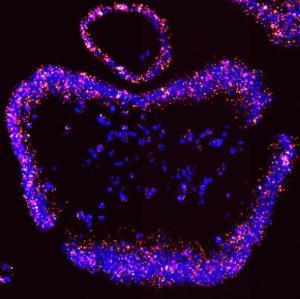
The Cancer Immunoprevention Network (CIP-Net) supports the development of approaches that leverage the immune system to prevent cancers. Research in CIP-Net is advancing a deeper understanding of basic mechanisms of immunoprevention and promoting the discovery of novel immunoprevention strategies. Both the National Cancer Institute Division of Cancer Prevention and the Division of Cancer Biology support researchers in this network.
On This Page
- All Heading 2s will automatically be pulled in to this list.
- Do not edit the content on this template.
About CIP-Net
CIP-Net supports projects from basic through translational preclinical research with an emphasis on exploring the biology of early malignancy and addressing the research gap between immunoprevention and immunotherapy.
The overall research objectives of the Network are to:
- Discover novel immunoprevention pathways and targets
- Elucidate immune responses to the earliest stages of carcinogenesis
- Preclinical development and testing of interventions (agents/vaccines)
- Investigate mechanisms of efficacy and potential side-effects of precision cancer prevention-interception strategies
- Develop and optimize immunoprevention models
- Define immune mechanisms of preventive cancer vaccines and immunomodulatory agents
Candidate agents and vaccines that emerge from CIP-Net research may move forward to the PREVENT program for further preclinical development towards clinical trials.
Program Contact(s)
Altaf Mohammed, Ph.D.
NCI DCP Chemopreventive Agent Development Research Group
Email: altaf.mohammed@nih.gov
Phone: 240-276-6082
Room: 5E554
